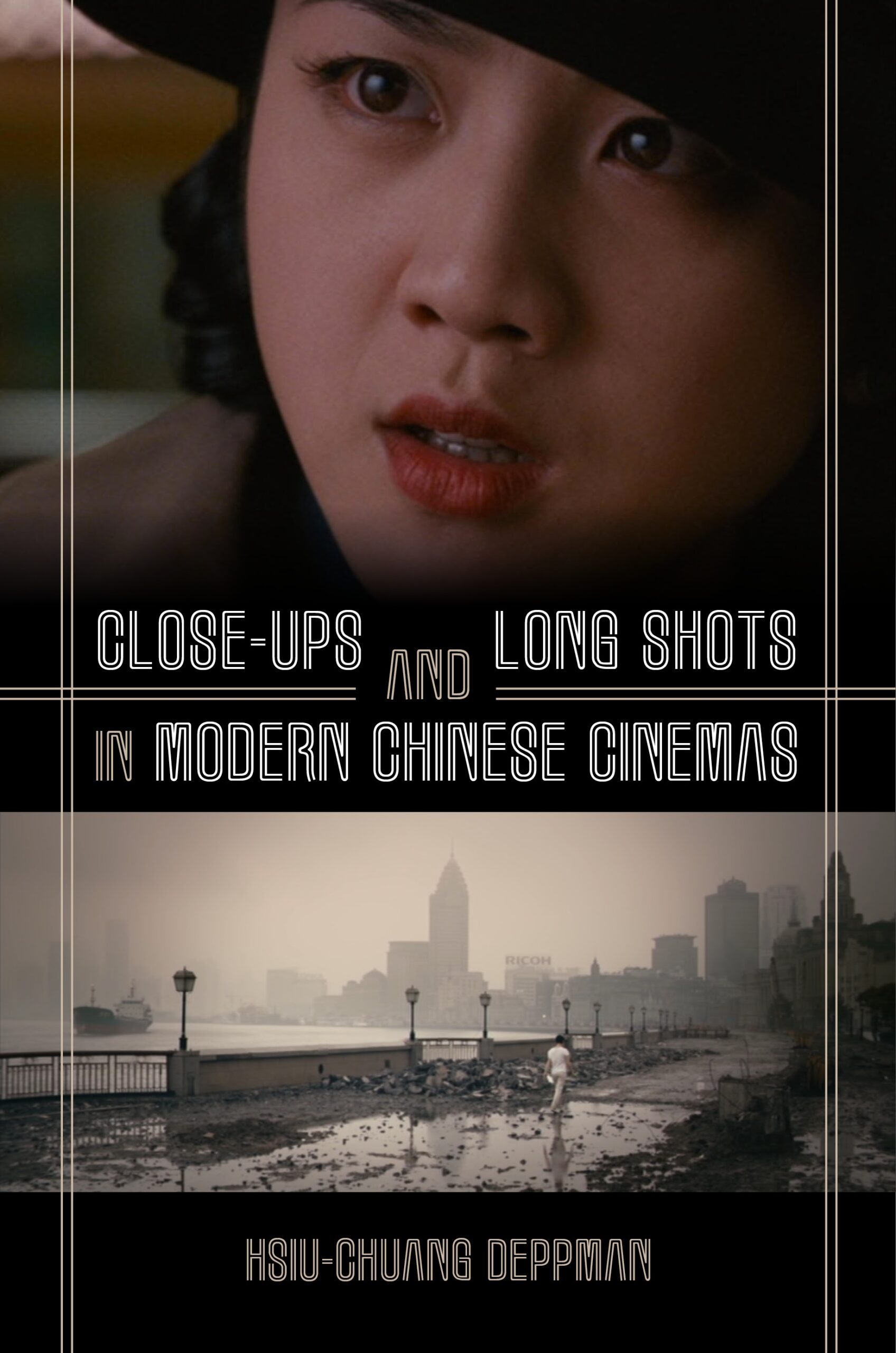Close-ups and Long Shots in Modern Chinese Cinemas
- About the Book
-
Two of the most stylized shots in cinema—the close-up and the long shot—embody distinct attractions. The iconicity of the close-up magnifies the affective power of faces and elevates film to the discourse of art. The depth of the long shot, in contrast, indexes the facts of life and reinforces our faith in reality. Each configures the relation between image and distance that expands the viewer’s power to see, feel, and conceive.
To understand why a director prefers one type of shot over the other then is to explore more than aesthetics: It uncovers significant assumptions about film as an art of intervention or organic representation. Close-ups and Long Shots in Modern Chinese Cinemas is the first book to compare these two shots within the cultural, historical, and cinematic traditions that produced them. In particular, the global revival of Confucian studies and the transnational appeal of feminism in the 1980s marked a new turn in the composite cultural education of Chinese directors whose shot selections can be seen as not only stylistic expressions, but ethical choices responding to established norms about self-restraint, ritualism, propriety, and female agency.
Each of the films discussed—Zhang Yimou’s Red Sorghum, Ang Lee’s Lust, Caution, Hou Hsiao-hsien’s The Assassin, Jia Zhangke’s I Wish I Knew, and Wei Desheng’s Cape No. 7— represents a watershed in Chinese cinemas that redefines the evolving relations among film, politics, and ethics. Together these works provide a comprehensive picture of how directors contextualize close-ups and long shots in ways that make them interpretable across many films as bellwethers of social change.
- About the Author(s)
-
Hsiu-Chuang Deppman, Author
Hsiu-Chuang Deppman is professor of Chinese and cinema studies at Oberlin College. Her research interests include history of cinema, film adaptation, documentary, media studies, comparative literature, and modern Chinese fiction. She is the author of Adapted for the Screen: The Cultural Politics of Modern Chinese Fiction and Film (2010) and has published on Chinese film, literature, and media in refereed journals and edited volumes.
- Reviews and Endorsements
-
- Hsiu-Chuang Deppman’s ability to expound complex film concepts and nuanced observations in a language that is accessible to both specialists and non-specialists alike is wholly admirable. She exhausts each film text to offer a thorough understanding of a selected number of sequences as a system. She then uses this system as a guide to scrutinize the entire film and obtain a comprehensive reading of it. I'm elated to see an exceptional scholar offer this kind of systematic reading of some of the most important texts in Chinese cinemas.
—Victor Fan, King’s College London - Lucidly and cogently written, Close-ups and Long Shots is an original study on distance in film aesthetics and its ethical implications. While most books on Chinese cinema tend to focus on cultural, socioeconomic, and political concerns, this work situates Chinese directors’ shot selections in the context of the millennia-long Confucian tradition as well as contemporary feminist theories about visual pleasure, subjectivity, agency, and power. Through a series of judiciously chosen and carefully crafted case studies, Hsiu-Chuang Deppman succeeds in convincing the reader that aesthetics and ethics are deeply intertwined in Chinese cinemas.
—Tze-lan Deborah Sang, Michigan State University - Part of what’s exciting about Deppman’s newest book is the diversity of the case studies she selects . . . [t]he directors listed are all big names in the context of Chinese cinema (and in the case of the first three, global cinema). . . . What elevates Deppman’s work to essential for any person serious about Chinese cinema is her religious-philosophical perspective for categorizing the aesthetics of close-ups and long shots. . . . The fact that there are four more significant case studies with equally valuable philosophical/ethical conclusions sounds insatiable but it’s true.
—Joshua Polanski, A Kenotic Project
- Hsiu-Chuang Deppman’s ability to expound complex film concepts and nuanced observations in a language that is accessible to both specialists and non-specialists alike is wholly admirable. She exhausts each film text to offer a thorough understanding of a selected number of sequences as a system. She then uses this system as a guide to scrutinize the entire film and obtain a comprehensive reading of it. I'm elated to see an exceptional scholar offer this kind of systematic reading of some of the most important texts in Chinese cinemas.
- Supporting Resources
-





